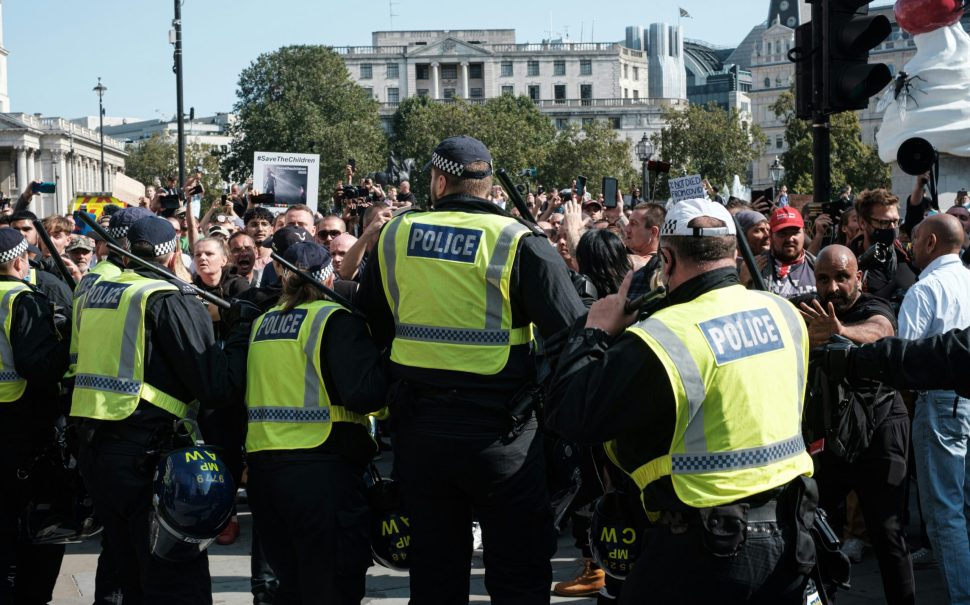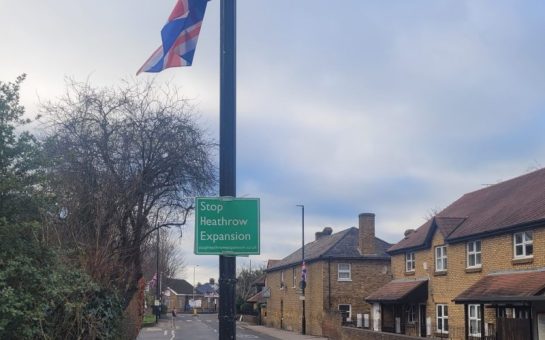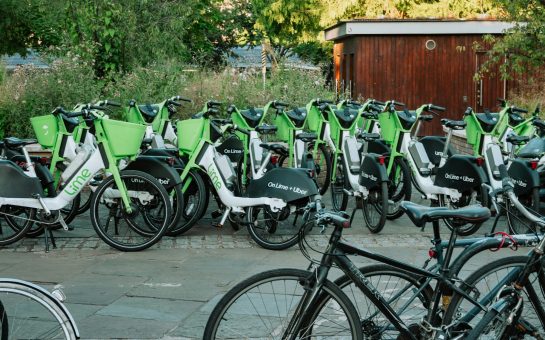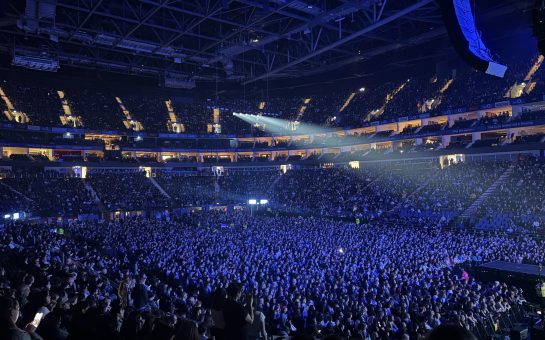Four leading rights groups have launched a Right to Protest campaign after data from the Metropolitan Police revealed a near tenfold increase in protest-related arrests since 2019.
Greenpeace, Amnesty International UK, Friends of the Earth, and Liberty believe the police are abusing new laws created in the wake of increasing environmental activism to silence and intimidate peaceful protesters.
Officers made 638 arrests over the past six years for conspiracy to commit public nuisance, up from 67 between 2012 and 2018, while charges have only gone up from eight to 18, meaning the rate of prosecution has dropped from 12% to just 3%.
Greenpeace UK executive director Areeba Hamid said: “The fact that police are routinely dragging protesters off the streets for a crime they almost always fail to charge them with amounts to an abuse of their powers and an assault on the right to protest.
“Arresting law-abiding people because they’re politically inconvenient is a frightening development in any democracy, and is a direct result of the government’s instinct to shut down free speech and prevent people standing up for issues they care deeply about.”
Several high-profile demonstrations from groups like Extinction Rebellion and Just Stop Oil led to a sharp increase in the number of arrests since 2019, and triggered successive governments passing laws which give the police greater powers.
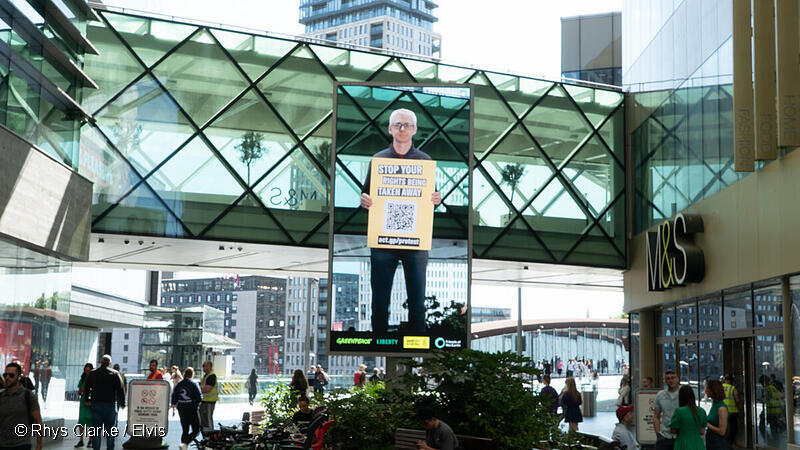
Freedom of Information requests sourced by Greenpeace revealed 236 people were arrested for public nuisance that year, compared with 49 in 2018.
The number of charges, however, only increased from 11 to 15.
Additionally, 205 people were arrested for conspiracy to commit public nuisance, up from just two the year before.
Conspiracy to commit public nuisance was formally defined under Police, Crime, Sentencing and Courts Act 2022 and is now frequently used to clear protesters from the streets.
This offence also led to the harshest sentence ever for a peaceful protester, after Just Stop Oil’s Roger Hallam received a five-year term in 2022 for blocking the M25 with 45 others.
The Right to Protest campaign features protesters on a giant double-sided digital billboard at Stratford Westfield, as well as in other popular shopping centres in Manchester and Birmingham.
The demonstrators are shown supporting causes including disability rights, Gaza, climate change, anti-black racism and plastic pollution.
The billboards were given for free in Ocean Outdoor’s annual Digital Creative Competition, with special effects provided by creative agency elvis making the protesters appear as if they are on a virtual protest march.
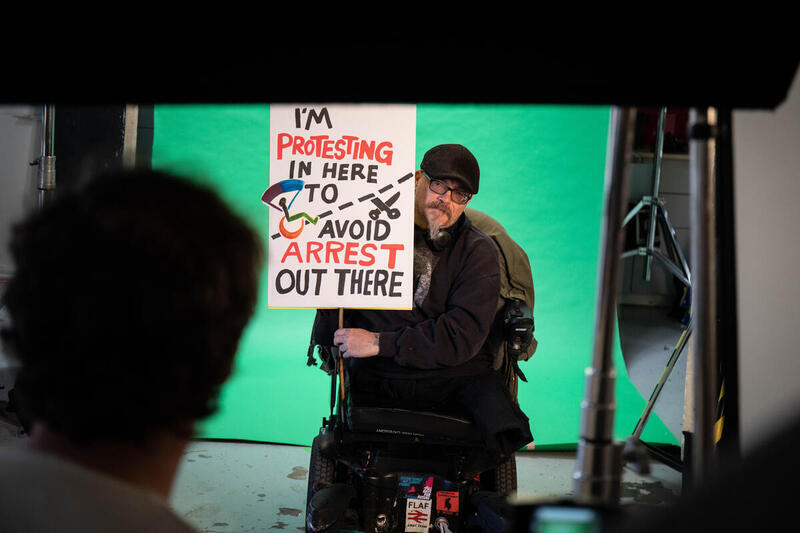
London-based disability rights activist Andy Greene said: “Disabled people are one of those groups who can be isolated and silenced by a government that doesn’t want to listen.
“There’s a lot of us, but we don’t have the economic power of a trade union to protect ourselves, and we don’t have much of a presence in the media, so we really need the right to protest to make ourselves visible and have our concerns heard.”
The Metropolitan Police were approached for comment.
Header picture credit: Ehimetalor Akhere Unuabona via Unsplash
